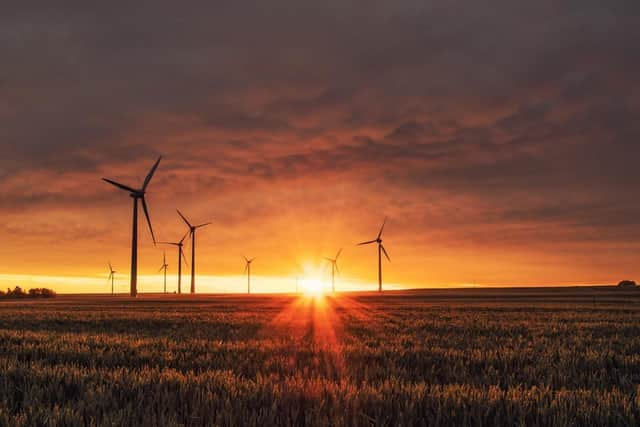Germany goes shopping for Scottish green hydrogen - David Scrimgeour


The topic of hydrogen imports for Germany has taken on new significance with the war in the Ukraine and the drastic reduction of gas supplies from Russia. For fifty years German industry has benefited from cheap Russian energy in the form of coal, oil and gas. This dependence has now resulted in an existential threat to the economy with the prospect of the loss of tens of thousands of jobs, particularly in the south German states of Baden-Württemberg and Bavaria. The German Government has responded by scouring the world for new suppliers and by asking gas customers to reduce their use.
Germany’s National Hydrogen Strategy envisages over 70% of Germany’s requirement for low carbon hydrogen by 2050 to be met by imports. The Government has allocated €2 billion for establishing international partnerships with countries such as Morocco, Namibia, Australia and Chile. European countries including Norway, Ireland and Iceland are also on the list of possible partners. And Scotland, with its huge onshore and offshore wind resource, has already been visited by a number of delegations from Germany.
Advertisement
Hide AdAdvertisement
Hide AdThe most recent visit to Glasgow and Aberdeen was from Bavaria and led by the Economic Affairs and Energy Minister Hubert Aiwanger. Bavaria is an industrial powerhouse with leading companies including BMW, Siemens, Audi, MAN and hundreds of “Mittelstand” companies which are exporting all over the globe. However, with the closure of all nuclear power stations in Germany by the end of this year and the threat to energy supplies as a result of the war in the Ukraine, Bavaria is now urgently looking for reliable partners for the future supply of hydrogen.


In Glasgow I had the opportunity to present the Scot2Ger study which I have been coordinating. Together with ScottishPower and Wood we have concluded that it will be possible to start exporting green hydrogen and derivatives to Germany by 2025. The initial quantities, produced from onshore wind, will be relatively small and transported by ship. A rapid ramp up after 2030 will be possible when production from offshore wind commences and transport to mainland Europe is by new and repurposed pipelines.
Scotland has a tremendous opportunity to build a domestic hydrogen industry which can also supply the German market estimated to be worth up to €40 billion per year by 2050. There are certainly technological and logistical challenges and enormous investment will be required. However, the benefit to Scotland from this export business in my view will not only be the resulting energy transition of the Oil and Gas industry but also the chance for communities in Shetland, Orkney, Ayrshire and elsewhere to accelerate the development of decentralised energy hubs.
David Scrimgeour MBE is a Munich-based energy consultant and was recently appointed by the Bavarian Government as an adviser on hydrogen opportunities in Scotland.
Comments
Want to join the conversation? Please or to comment on this article.